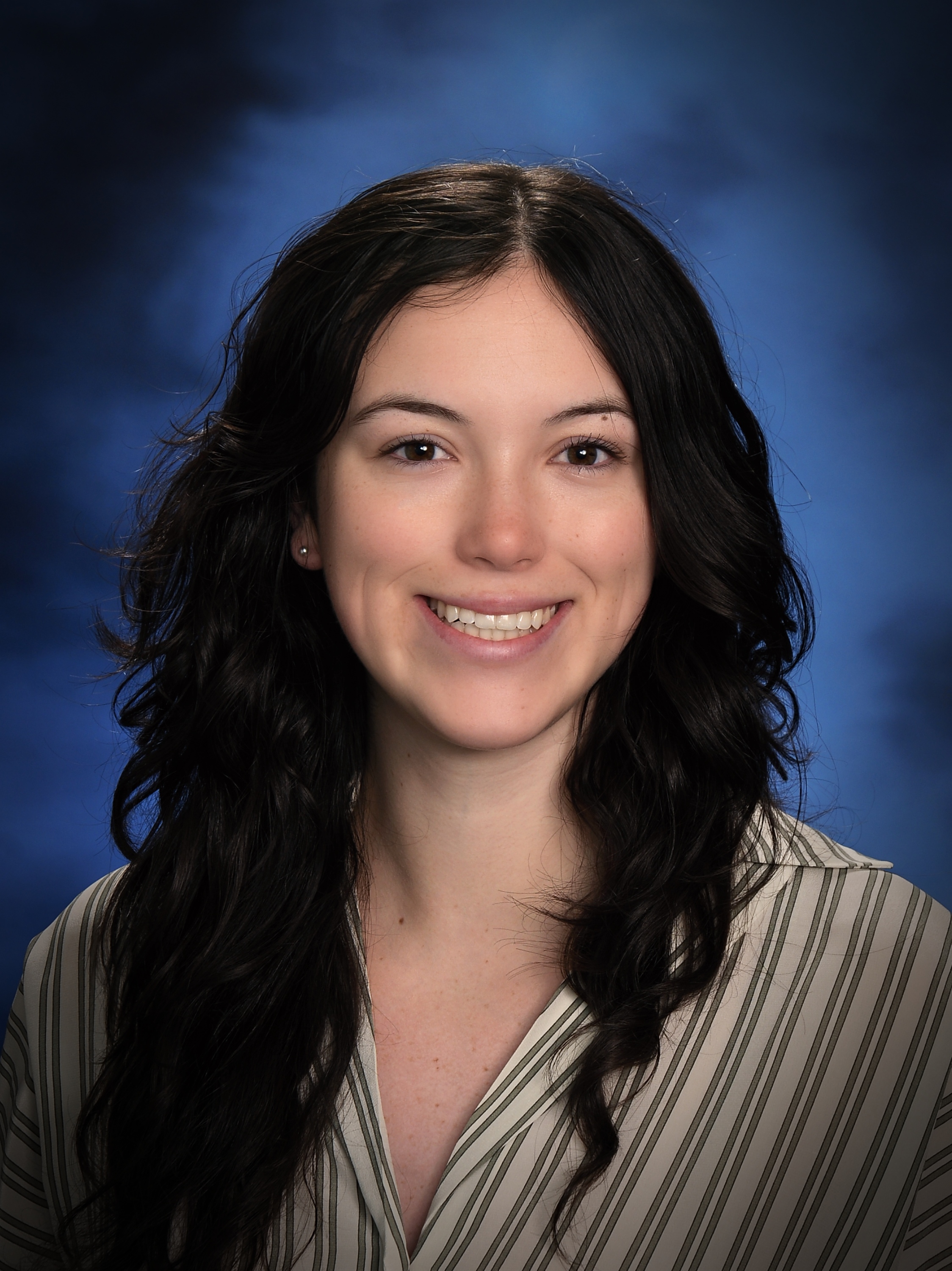Bipolar Disorders
Sequential Multiple Assignment Randomized Trial For Bipolar Depression (SMART-BD): A Comparative Effectiveness Study
(PS5-7) Sequential Multiple Assignment Randomized Trial for Bipolar Depression (SMART-BD): A Comparative Effectiveness Study
- NA
Nur Akpolat, B.S.
Clinical Research Coordinator
Massachusetts General Hospital
Boston, Massachusetts, United States 
Broghan F. O'Hearn, B.A.
Clinical Research Coordinator
Massachusetts General Hospital
Somerville, Massachusetts, United States- HK
Hadi R. Kobaissi, B.S.
Clinical Research Coordinator
Massachusetts General Hospital
Boston, Massachusetts, United States - KT
Khadija Tlaiti, B.A.
Project Manager
Massachusetts General Hospital
Boston, Massachusetts, United States - MK
Masoud Kamali, M.D.
Psychiatrist
Massachusetts General Hospital
Boston, Massachusetts, United States - AN
Andrew A. Nierenberg, M.D.
Director of Dauten Family Center for Bipolar Innovation
Massachusetts General Hospital
Boston, Massachusetts, United States
Author(s)
Co-Author(s)
Introduction. Bipolar disorder (BD) is associated with severe mood swings ranging from depressive to hypomanic or manic episodes. Despite the burden of bipolar depression, patients with bipolar disorder and their clinicians must determine the most effective treatment options, often without sufficient comparative data. This Patient Centered Outcomes Research Institute (PCORI)-funded, multi-site, randomized pragmatic trial will compare four commonly prescribed treatments for bipolar depression, which includes three FDA-approved medications (Cariprazine, Quetiapine and Lurasidone) and one antipsychotic/antidepressant combination (Aripiprazole/Escitalopram). Methods. This is a sequential multiple assignment randomized trial for adults (ages > 18) with a BDI diagnosis currently experiencing a depressive episode. A total of 19 academic study sites from the United States and Canada, each partnering with a local community based mental health clinic, will recruit the study participants. Initially, eight academic sites and their community partners will participate in the feasibility phase to recruit and randomize 133 participants in 6 months. If recruitment goals are met by month 15, the remainder of the 19 academic sites and their community partners will begin recruitment for an additional 5 years, with a total goal of 2726 participants. Each participant will be randomized into one of the four treatment arms and receive 12 assessment visits with a clinician over 52 weeks. However, if the participant’s depressive symptoms do not remit after 6 weeks, they will be rerandomized to one of the 3 remaining treatment arms. For those who don’t respond to the second randomization at week 12, the clinicians will determine the next best steps semi-naturalistically. The primary outcome will be the Remission from Depression Questionnaire (RDQ). Real-world short- and long-term secondary outcomes will be assessed using the following measures: Bipolar Quality of Life (QoL.BD), PROMIS Cognitive Function - Short Form, PROMIS Satisfaction with Social Roles and Activities, Patient Health Questionnaire (PHQ-9), Altman Scale for Rating Mania (ASRM), Young Mania Rating Scale (YMRS), Generalized Anxiety Disorder - 7 (GAD-7). Safety will be monitored using the Concise Health Risk Tracking Scale (CHRT) and the Frequency, Intensity, Burden of Side Effects Rating (FIBSER) scale. In addition to assessing the heterogeneity of treatment effect, we will use a multiple machine learning algorithm to determine the probability of individuals responding to any of the four treatments. Results. This is the first study to compare treatment options for bipolar depression.

.png)
